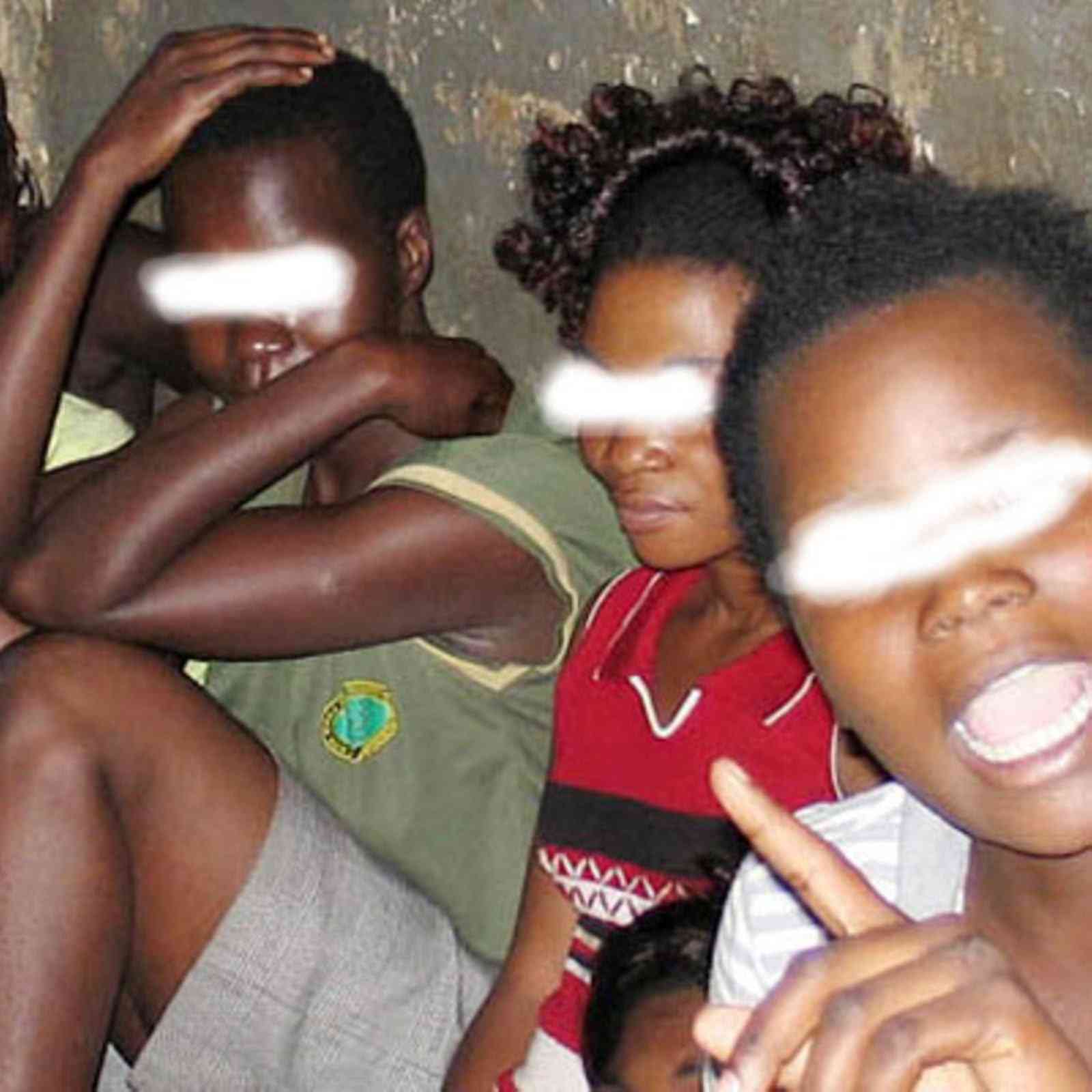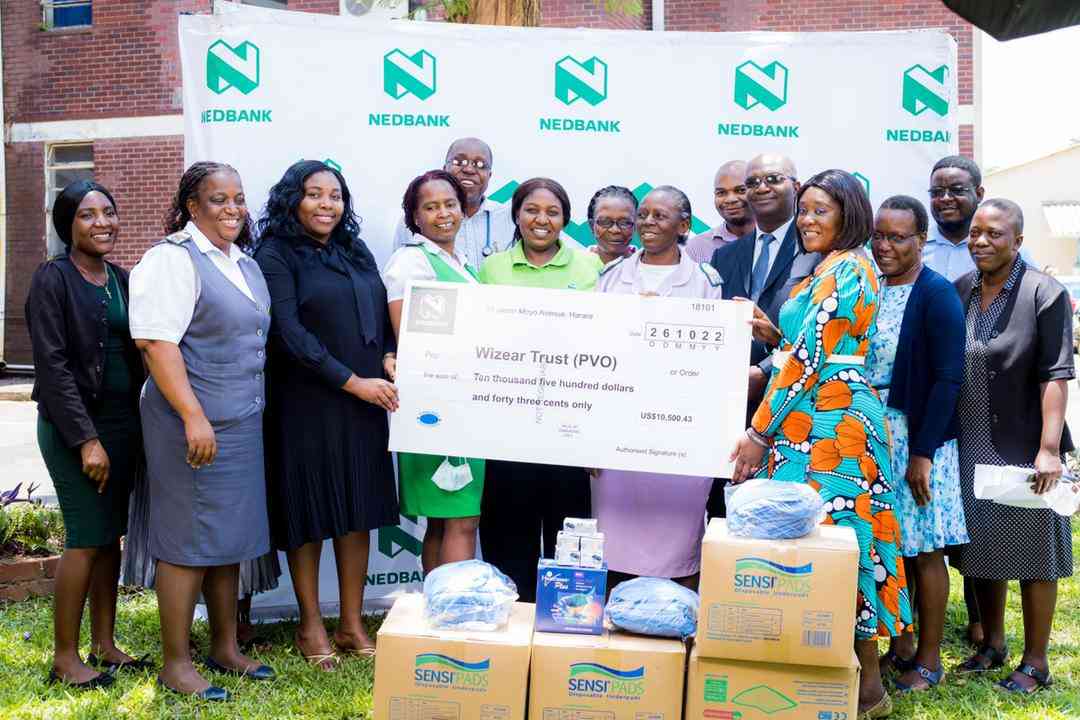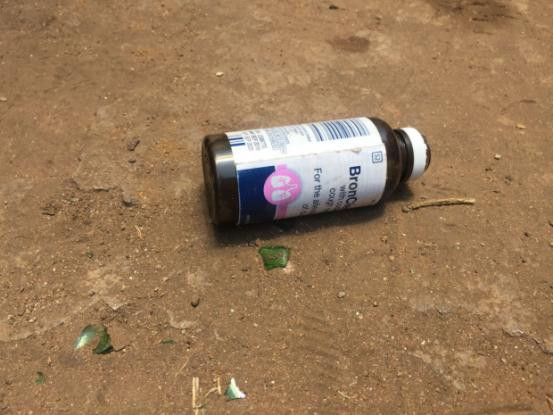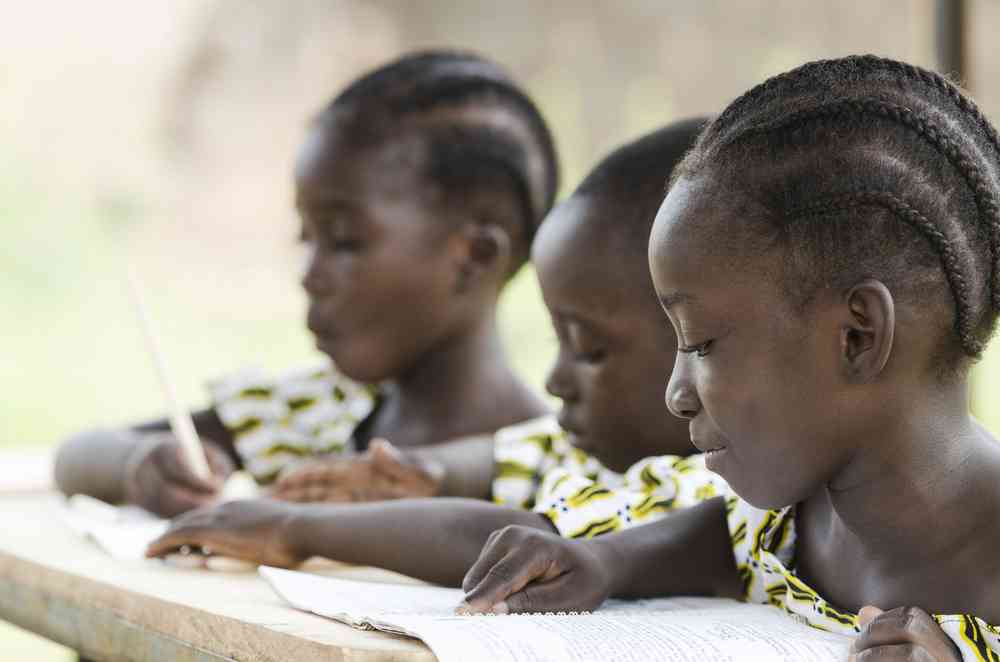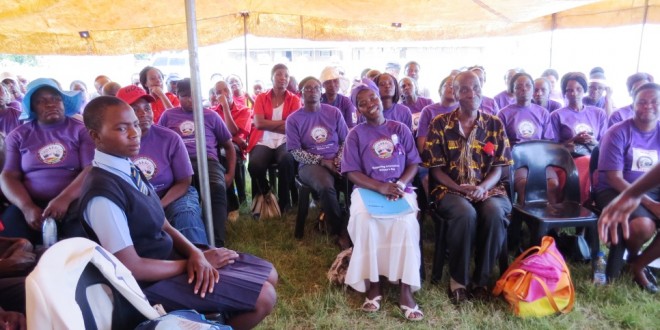
The month of March holds a special place in my heart as women from different backgrounds converge in order to share their successes, assess their shortfalls and collectively seek ways to strengthen their voices against retrogressive forces that hinder their realization of their basic rights. However, women in mining communities have little to celebrate within the Zimbabwean context, given the ever increasing discrimination against women in the recruitment of workers, increasing incidences of violence against women, limited food security options, coupled with unwanted pregnancies from foreign mine workers and the need for developing realistic alternatives to the destructive mining practices. This year’s international women’s day’s broader theme ‘women in the changing world of work’ is a call for civil society, government ,donors and the private sector to reflect on the working conditions of women employed in extractive industries. Further, the global call for women to #BeBoldForChange is a rallying point for women and men to show solidarity with marginalised women in mining communities whose voices have been silenced by the harsh conditions in their contexts, as state machineries have not played their part in improving the living conditions of women in extractive industries. It is also a call for stakeholders to focus on changing the lives of women not only working in extractive industries but also those living close to the mining companies.
By Tafadzwa Muropa
The Centre for Natural Resource Governance (CNRG) over the past two years engaged women leaders in the mining communities in the following districts (Bikita, Darwendale, Hwange, Penhalonga and Mutoko). Through support from Open Society Initiative of Southern Africa (OSISA), CNRG managed to train over sixty women in mining communities in participatory action research so that they would be able to narrate their own struggles through their own perspectives. Participatory Action Research was a very transformative and empowering exercise in that the women were able to document their challenges and expose what has been hidden from the public eye for decades.
PAR to the women became a tool that empowers communities to identify, define and transform their lives for the better.
The common findings from the participatory action research included limited access to sexual and reproductive health services for women, water and air pollution caused by mining companies which would present health hazards to women’s reproductive health, poor agricultural yields as a result of having their fertile land forcibly taken by mining companies and local government authorities through relocations to pave way for mining. This in turn destroyed the only means of livelihood (subsistence agriculture) the women had in favour for the undistributive capital intensive mining.
During PAR, women also renowned that there were limited employment opportunities for women within the mining companies, increased presence of commercial sex workers due to limited opportunities for women in extractive industries and limited energy sources at community level. Most women end up cutting down trees for firewood in so-called prohibited areas resulting in them being arrested and sometimes abused by mine security officials. Women leaders also noted that the mining activities also lured young girls in getting married at an early age as there was low appreciation of education at community level. It was important to note that patriarchy also hindered women from fully participating in decision making platforms where they would convey their concerns to the responsible authorities. Most public forums where mining is discussed are dominated by men, hence the need for women leaders to seek ways in which their voices can be heard at strategic spaces
According to a local weekly, Hwange Colliery Company Limited (HCCL) has committed to retrench over 1000 workers during this year in order for the company to stay viable. Given such a context, it becomes imperative for communities in mining areas to advocate for real alternatives that will pull people out of poverty. Furthermore the global call #BeBoldForChange encourages women at community level to have the courage to ask the right questions from their leaders on the need to support local income generating initiatives, through the respective local government committees responsible for taxing mining companies.
Section 56 of the Zimbabwean constitution calls for gender equality and non discrimination in all sectors, thus the concerns of women working in the mining companies together with those living in the mining areas should be catered for by the responsible government ministries. However, past events showed that the state, including its security agencies, had been at the forefront of violating women’s rights. According to The Standard, dated 22 March 2015, witnesses reported a number of incidents where state security officials and mine security officials raped women residing in the Marange area, of which up to date, they are yet to receive justice from the courts of law.
- Chamisa under fire over US$120K donation
- Mavhunga puts DeMbare into Chibuku quarterfinals
- Pension funds bet on Cabora Bassa oilfields
- Councils defy govt fire tender directive
Keep Reading
Hence, there is need for strong political will from the state machinery including the Gender Commission, Human Rights Commission and the National Peace and Reconciliation Commission to create a conducive environment for women from mining communities to ask critical questions to the line ministries and mining company executives.
Civil society including social movements and faith leaders need to continue to be open minded and opening spaces for women’s rights activists to speak out on violence against women in the mining areas , especially during the Alternative Mining Indaba(AMI)which is held annually in Cape Town, South Africa every February. The debates that take place in such spaces as the AMI should be gender sensitive and not derogative so that they encourage a spirit of unity, tolerance and collaboration on key concerns that affect marginalised groups such as women and children.
During the course of 2016, CNRG played a key role in preparing local women leaders from Mutoko, Hwange and Penhalonga areas to make submissions before the Parliamentary Portfolio Committee on Mines and Energy on the proposed Mines and Minerals Amendment Bill. The local women leaders were able to argue how the current Mines and Minerals Act had not benefited the local women in addressing unfair and discriminatory recruitment practices in the mining areas and how the mining companies were contributing to the environmental degradation among other concerns. This goes to show the need to empower communities to be bold enough to speak out their minds towards promoting alternatives that will empower communities.
As Zimbabwe prepares for the 2018 general elections, the call for women to #BeBoldForChange entails being courageous enough to ask potential political party candidates to commit to address women’s rights issues in the mining communities after being elected. Natural resources must benefit the general population and future generations, and not only the political elites and the mining companies. Being Bold for change entails galvanising collective effort from all stakeholders including government in committing to make the environment conducive for women leaders at the local level to exercise their rights and contribute to the local development of a community.
To #BeBoldForChange also demands for women’s rights activists to ask hard questions to the donor community especially during the annual United Nations Commission on the Status of Women (CSW) to be held later this week in New York, on the need for development partners to accommodate women’s views in developing alternative development models that elevate the lives of women in the mining communities. This year’s theme calls for women to be bold enough to ask tough questions to mining company executives and line government ministries in order to seek a constructive dialogue that ensures women’s dignity and that of their families is preserved against corporate greed.



